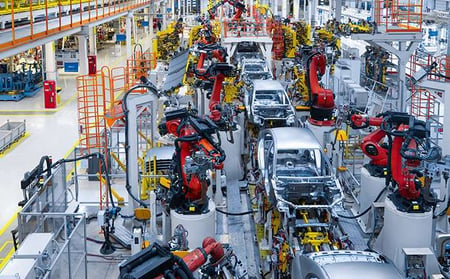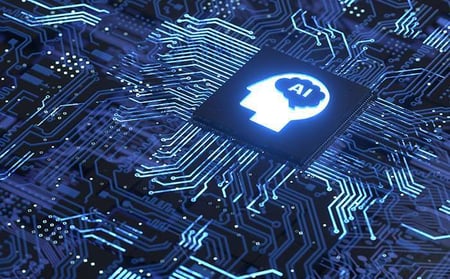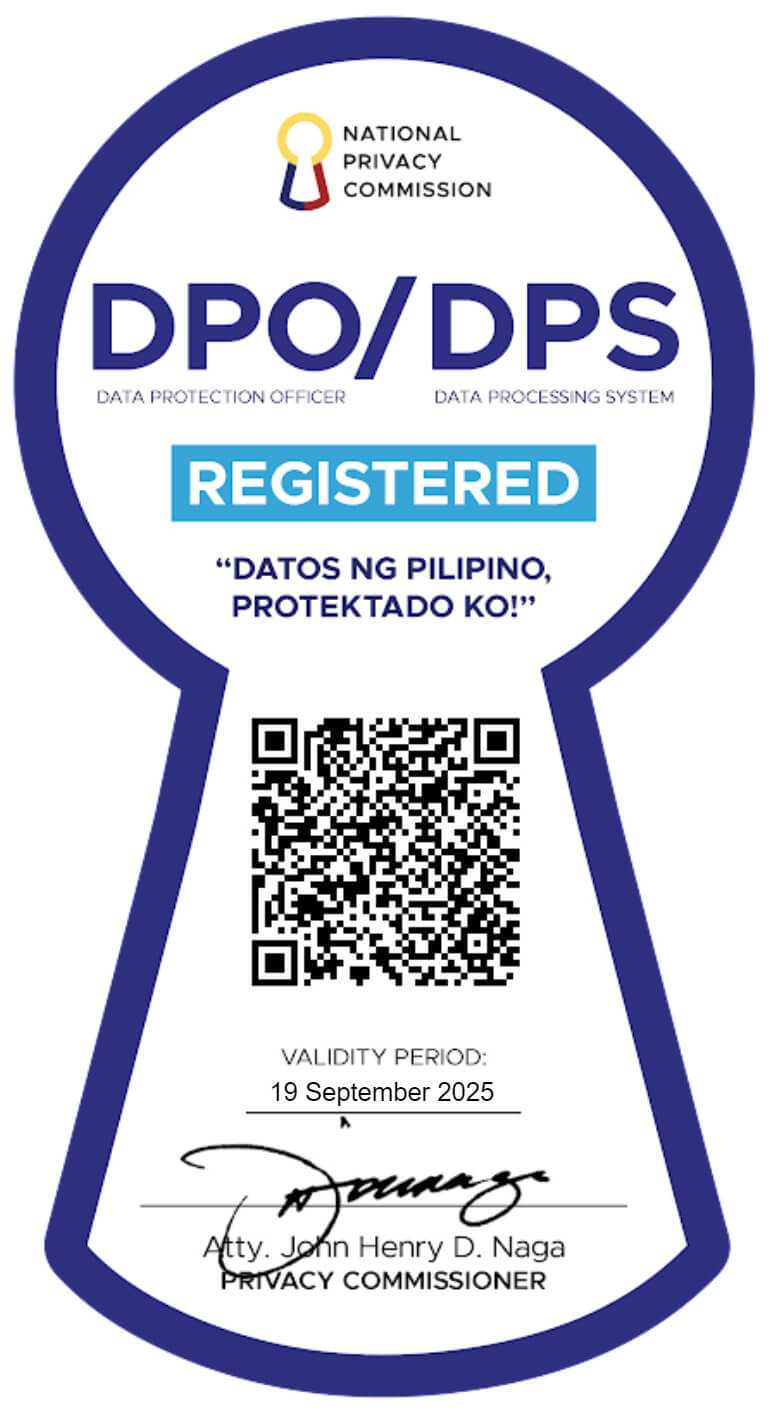-
About Us
Probe CX is a tech-powered, global customer experience organization that amplifies human capabilities with technological excellence.
-
Awards and Accreditations
As an industry-leading CX and digital transformation provider, Probe CX has a resume to match any of our competition.
-
Compliance
Industry-recognized certifications to protect what matters most to our clients and their customers.
-
Locations
Over 19,000 team members delivering exceptional customer experiences across four countries.
-
Vision and Culture
We help our clients become modern digital organizations by combining the latest technology with people, process and data.
-
Executive Team
Meet the team with unmatched experience committed to helping organizations create environments for digitally-enabled CX to thrive.
A leading energy and gas industry retailer required support with credit collection activities and help to optimize their KMS.
- Blog
- Types of AI agents: benefits and examples
Types of AI agents: benefits and examples

From simple chatbots to sophisticated self-driving cars, AI agents are evident across various aspects of our lives, making processes more efficient, decisions more informed and experiences more personalized.
What are AI agents?
AI agents are essentially autonomous problem-solvers. Think of them as digital workers with a specific set of skills and goals. They perceive their environment (which could be anything from a physical room to a software application), make decisions based on that perception and then take action to achieve their objectives.
A simple example is a chatbot on a website. It perceives your questions as input, decides on the appropriate response and then takes action by displaying that response on the screen. More complex agents might control robots in a warehouse, optimize energy usage in a smart home or even manage your schedule and emails.
The key here is autonomy. AI agents don't need constant human supervision. They can learn and adapt to changing situations, making them incredibly valuable for automating tasks, improving efficiency and even tackling problems that are too complex for humans to handle alone.
Types of AI agents
Grouped by their range of capabilities and degree of perceived intelligence, there are five categories and each has the power to turn AI ideas into action.
Simple reflex agents
These are the most basic AI agents. They operate on a simple ‘if-then’ principle, reacting directly to their environment without any memory of past experiences. Think of a Roomba vacuum cleaner that changes direction when it bumps into an obstacle.
- How it works: perceives the current state of the environment and selects an action based on predefined rules.
- Examples: thermostats, simple chatbots.
- Pros: simple to implement, computationally inexpensive.
- Cons: limited adaptability, struggles with complex or changing environments.
Model-based reflex agents
These agents are a step up, possessing an internal ‘model’ of the world that allows them to remember past states and consider how their actions might affect the environment. A self-driving car that predicts the trajectory of other vehicles based on their current speed and direction is an example.
- How it works: maintains an internal state, updates it based on perceptions and actions and selects actions based on the model and pre-defined rules.
- Examples: self-driving cars, more sophisticated chatbots.
- Pros: can handle partially observable environments, more adaptable than simple reflex agents.
- Cons: Requires a model of the world, which can be complex to build and maintain.
Goal-based agents
These agents are driven by goals. They have the ability to plan and sequence actions to achieve desired outcomes. A chess-playing AI that calculates moves to achieve the goal of checkmating the opponent falls into this category.
- How it works: sets goals, searches for action sequences to achieve them and selects actions based on the plan.
- Examples: chess-playing AIs, route-finding apps.
- Pros: can solve complex problems, proactive and goal-oriented.
- Cons: requires goal formulation and planning, can be computationally expensive.
Utility-based agents
These agents go beyond simply achieving goals; they aim to maximize utility, which represents a measure of how desirable a particular state is. A stock trading AI that aims to maximize profit while minimizing risk is a good example.
- How it works: assigns utility values to states, plans actions to maximize utility and selects actions based on the expected utility.
- Examples: stock trading AIs, recommendation systems.
- Pros: can handle complex decision-making, optimizes for desired outcomes.
- Cons: requires a well-defined utility function, can be computationally expensive.
Learning agents
These are the most sophisticated AI agents. They can learn from their experiences and improve their performance over time. A spam filter that learns to identify new types of spam based on user feedback exemplifies this.
- How it works: learns from feedback, updates its knowledge and behavior and adapts to new situations.
- Examples: spam filters, personalized news feeds.
- Pros: highly adaptable, can handle complex and changing environments.
- Cons: requires a learning mechanism and training data, can be complex to design and implement.
What are the benefits of AI agents?
AI agents offer a variety of benefits across diverse fields, making them valuable assets in today's technology-driven world. Here are some key advantages:
- Increased efficiency and productivity: AI agents can automate repetitive tasks, freeing up human workers to focus on more complex and creative endeavors. This leads to significant gains in efficiency and productivity.
- Improved accuracy and reduced errors: compared to humans, AI agents can perform tasks with higher accuracy and consistency, minimizing errors and improving overall quality.
- 24/7 availability and tireless performance: AI agents can operate continuously without breaks or fatigue, providing uninterrupted service and support.
- Personalized experiences: AI agents can tailor experiences to individual preferences, offering customized recommendations, services and solutions.
- Data-driven decision-making: by analyzing vast amounts of data, AI agents can identify patterns and insights that humans might miss, enabling more informed and effective decision-making.
- Cost reduction: by automating tasks and optimizing processes, AI agents can help reduce operational costs and improve resource allocation.
- Innovation and problem-solving: AI agents can tackle complex problems and develop innovative solutions in various domains, from healthcare and finance to transportation and logistics.
AI agent use cases
AI agents are being applied across various industries to automate processes, improve efficiency and solve complex problems. Here are some prominent use cases:
Customer service and support
- AI-powered chatbots provide instant customer support, answering questions, resolving issues and escalating complex queries to human agents.
- Virtual assistants personalize customer interactions, offering tailored recommendations and support based on individual preferences and past interactions.
eCommerce and retail
- Recommendation systems suggest products to customers based on their browsing history, purchase behavior and preferences.
- Dynamic pricing agents adjust prices in real time based on market demand, inventory levels and competitor pricing.
- Inventory management systems optimize stock levels, predict demand fluctuations and automate ordering processes.
Healthcare
- Diagnostic agents analyze medical images and patient data to assist doctors in diagnosing diseases with higher accuracy.
- Treatment optimisation agents personalize treatment plans based on individual patient characteristics and medical history.
- Drug discovery agents accelerate the process of developing new drugs by analyzing vast datasets and identifying potential drug candidates.
Finance
- Fraud detection agents identify and prevent fraudulent transactions in real time.
- Algorithmic trading agents execute trades automatically based on market conditions and predefined strategies.
- Risk management agents assess and manage financial risks, optimizing investment portfolios and ensuring compliance with regulations.
Manufacturing and supply chain
- Predictive maintenance agents forecast equipment failures, enabling proactive maintenance and minimizing downtime.
- Quality control agents inspect products for defects and ensure compliance with quality standards.
- Supply chain optimisation agents streamline logistics, optimize inventory levels and improve delivery efficiency.
Human resources
- Recruitment agents automate candidate screening and matching, identifying the best candidates for open positions.
- Onboarding agents assist new employees with onboarding processes, providing information and answering questions.
- Performance management agents track employee performance, provide feedback and identify areas for improvement.
Education
- Personalized learning platforms adapt to individual student needs, providing customized learning experiences and feedback.
- AI tutors offer personalized tutoring and support, helping students master concepts and improve their skills.
- Automated grading systems streamline the grading process, freeing up teachers' time for other tasks.
Transportation and logistics
- Autonomous vehicles utilize AI agents for navigation, obstacle avoidance and decision-making.
- Traffic optimisation agents analyze traffic patterns and optimize traffic flow, reducing congestion and improving travel times.
- Fleet management systems track vehicle location, optimize routes and improve fuel efficiency.
Summary
AI agents are diverse and powerful tools with the potential to revolutionize various industries. Their ability to learn, adapt and act autonomously makes them key components in the broader field of intelligent automation (IA). If you're interested in exploring how to harness the power of AI agents and other IA technologies to transform your business processes, check out this comprehensive guide on getting started with intelligent automation.
Related Articles
Technology
8 RPA trends to watch
From hyperautomation to low-code platforms and increased focus on security, learn about the latest developments shaping the world of automation.
Customer Management
What is an intelligent virtual agent?
IVAs are powered by cognitive process automation and nature language understanding. Learn more about intelligent virtual assistants in this blog here.
Digital Transformation
How to get started with intelligent automation
RPA can create growth opportunities and reduce operational costs but it is not a 'one size fits all' concept. Learn more in this blog here.
© Copyright 2025 Probe CX | Probe CX is a proudly owned subsidiary of Probe Group
Privacy Policy | Responsible AI Policy | Financial Hardship Policy | Whistleblower Policy | Complaints Procedure | Supplier Code of Conduct




